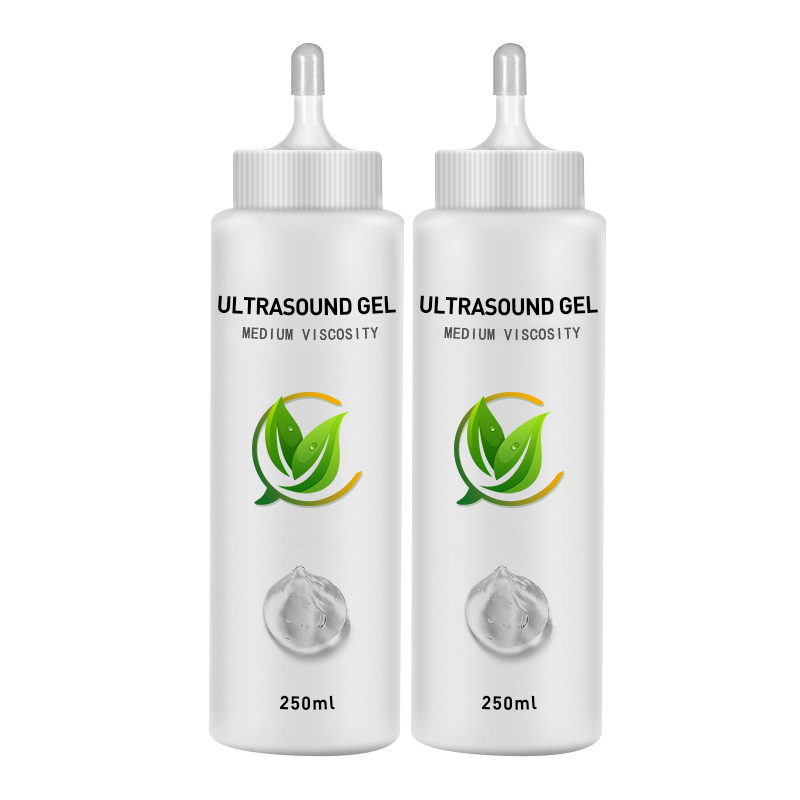Ultrasound examinations in the ultrasound department typically include routine ultrasound, transesophageal ultrasound, transvaginal ultrasound, and intracavity ultrasound, and the fluid applied is a medical ultrasound coupling agent. Routine ultrasound examination utilizes ultrasound waves to scan the human body, observing the morphology, size, position, and blood flow of internal organs to determine the type of disease. Transesophageal, transvaginal, and transrectal ultrasounds primarily examine the foregut and its contents, making preliminary assessments of lesions.

1. Routine Ultrasound: Transesophageal ultrasound involves inserting a probe through the mouth into the esophagus, entering the stomach from behind the esophagus, and observing the thoracic cavity in the body. It is mainly used for diagnosing lesions behind the stomach or duodenum and can also be used to assess the position of the placenta and amniotic fluid during pregnancy, as well as provide preliminary diagnoses of trophoblastic diseases.
2. Transesophageal Ultrasound: Transesophageal ultrasound involves inserting a probe through the mouth into the esophagus to observe the thoracic cavity in the body. It is mainly used for diagnosing lesions of the upper digestive tract, such as the esophagus, stomach, duodenum, and colon. It can also be used to screen for esophageal cancer, gastric cancer, and other upper digestive tract tumors, as well as determine the relationship between the gastric wall and the pyloric and descending parts, and whether there are space-occupying lesions.

3. Transvaginal Ultrasound: Transvaginal ultrasound involves inserting a specially designed ultrasound probe into the vagina to examine pelvic organs such as the uterus, fallopian tubes, and ovaries for organic lesions. Transvaginal ultrasound is more accurate than transabdominal ultrasound and does not require the patient to hold their urine, thus minimizing discomfort.
4. Intracavity Ultrasound: Intracavity ultrasound refers to injecting medication into the jugular vein or femoral deep vein system under the guidance of ultrasound or MRI to observe lesions in the body.
If a patient wishes to undergo an ultrasound examination, it is recommended to consult a doctor at the hospital promptly and select the appropriate examination method based on specific circumstances. Additionally, because ultrasound examinations may involve radiation, pregnant women should take precautions to protect themselves during the examination to avoid affecting fetal growth and development.
